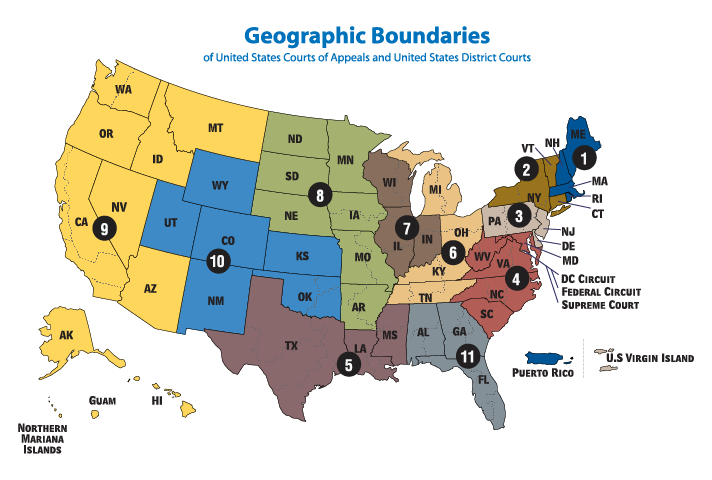Yesterday, the Fourth Circuit Court of Appeals became the fourth appellate circuit to hold that courts considering motions for sentence reductions under 18 USC 3582(c)(1)(A) have the independent discretion to determine whether an inmate has shown “extraordinary and compelling reasons” warranting a reduction. Before, courts were constrained by U.S.S.G. 3B1.13, a policy statement by the U.S. Sentencing Commission that lists four narrow categories for what can constitute “extraordinary and compelling reasons.”
In United States v. McCoy, the Fourth Circuit considered whether the district court had the authority to reduce the sentences of two inmates based on “their youth at the time of the offenses, their lack of significant prior criminal history, their exemplary behavior and rehabilitation in prison, and their already-substantial years of incarceration.” The inmates had been convicted under Section 924(c) for possessing a firearm in connection with a drug offense or crime of violence, though this law has been amended recently to reduce the lengthy mandatory minimum sentences it used to require. The U.S. Government argued on appeal that the court could not reduce the inmates’ sentences because their stated reasons were not listed under Section 3B1.13.
Like the Second, Sixth, and Seventh Circuits, the Fourth Circuit concluded that, based on the plain language of Section 3B1.13, courts considering an inmate’s motion for a sentence reduction are not bound by 3B1.13, which only applies to motions brought by the BOP. To date, no other circuit has held to the contrary, though there are more cases pending.
Until the U.S. Sentencing Commission issues a new policy statement, these holdings from across the circuits are significant. Though the First Step Act of 2018 reduced the mandatory minimum sentences under laws like Section 924(c) and 851, it explicitly did not make those amendments retroactive. Now, however, in at least the Second, Fourth, Sixth, and Seventh Circuits, identified below, inmates sentenced under those laws can still seek a reduction based on the fact that they would never have been subjected to such harsh penalties if they were sentenced today.

